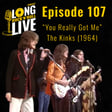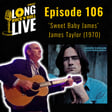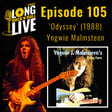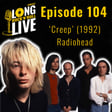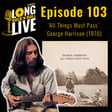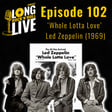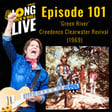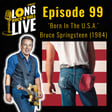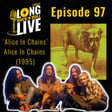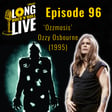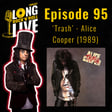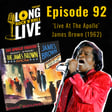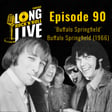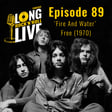
47. ‘Rising’ - Rainbow (1976)
Episode 47: ‘Rising’ - Rainbow (1976)
‘A Light In The Blackmore’
Rainbow’s second album saw Blackmore change the lineup, keeping only Ronnie James Dio, for the follow up to 1975’s ‘Ritchie Blackmore’s Rainbow’.
‘Rising’ was a fantastic Hard Rock album - but did so much more than it is ordinarily given credit for. Pioneering and innovating several sub-genres of Metal as well as playing a massive part in the development of Heavy Metal in the 70s, Blackmore and Dio executed a brilliant album of two halves that can be enjoyed by Rock or Metal fans alike!
Laz & Felipe dive into the Fantastical lyrics, the phenomenal performances, the Classical influence on Blackmore and Dio’s stunning voice!
Episode 47 Playlist: https://open.spotify.com/playlist/6yuYJtZnjaGJxHAtWhatkO?si=dzx2ocCnTmysrUlgLzCzgA
LONG LIVE ROCK ‘N’ ROLL
- Follow the Podcast on Social Media: https://linktr.ee/longlivernrpod
- Get in touch and/or leave us a review: longliverocknrollpodcast@gmail.com
- Podcast Music by GeriArt, NaturesEye, astrofreq, Twisterium from Pixabay
- Podcast Art by Ross Davidson (@ross_feelshame)
